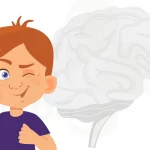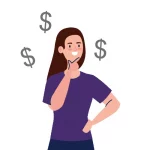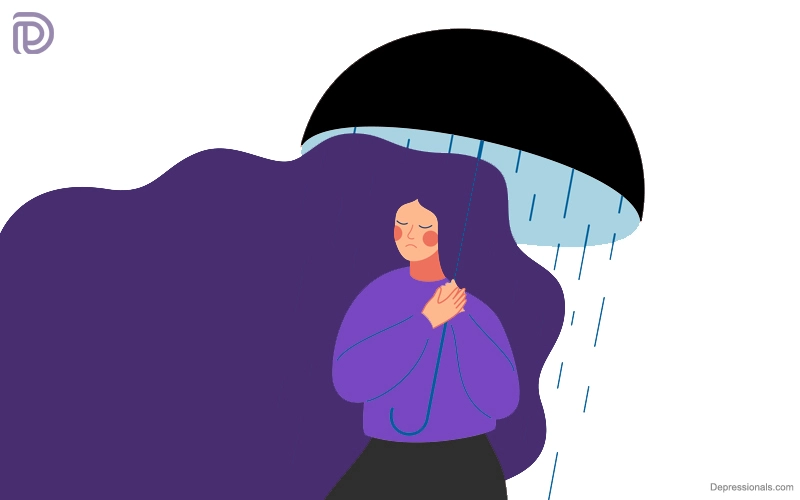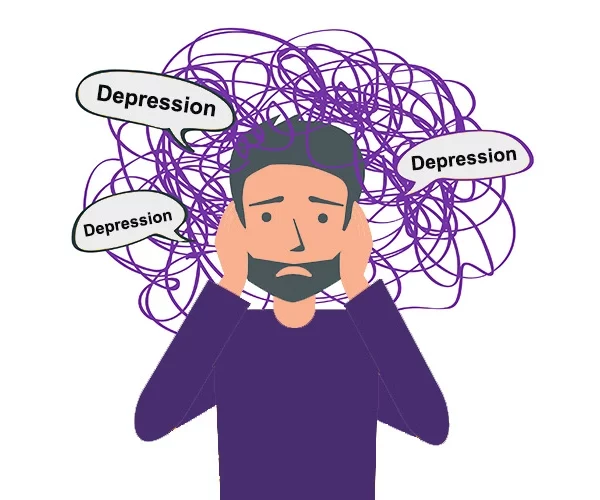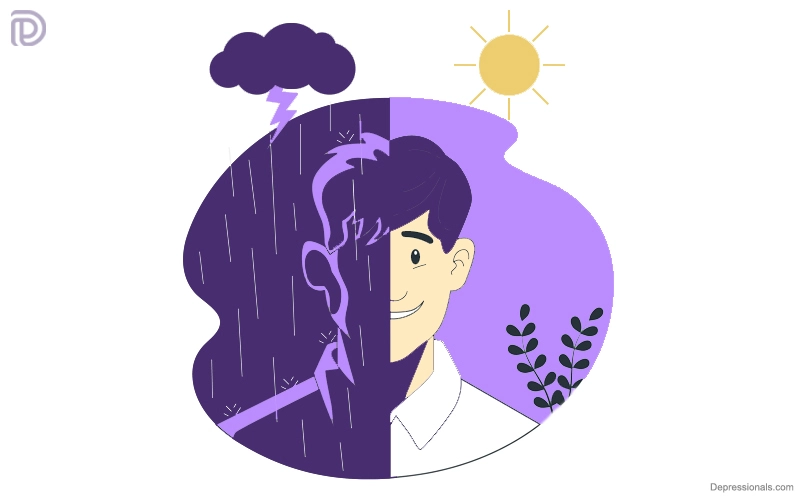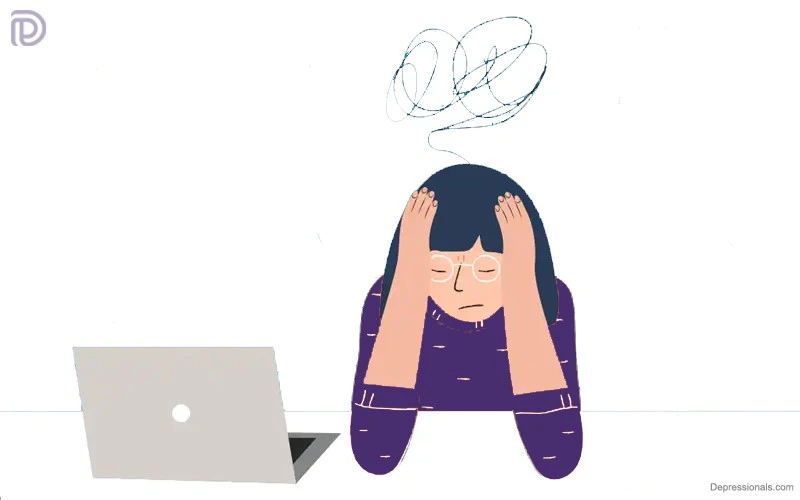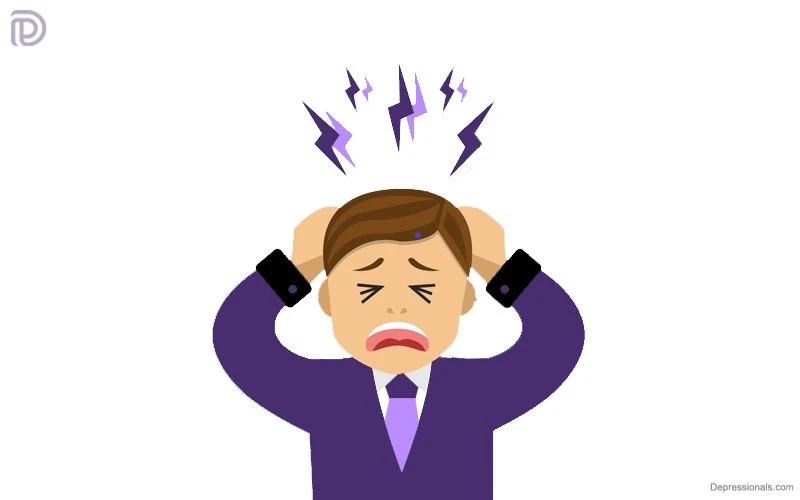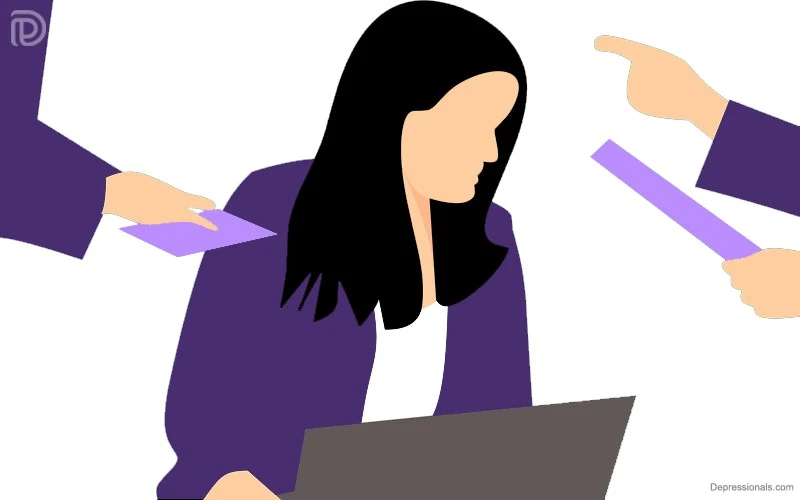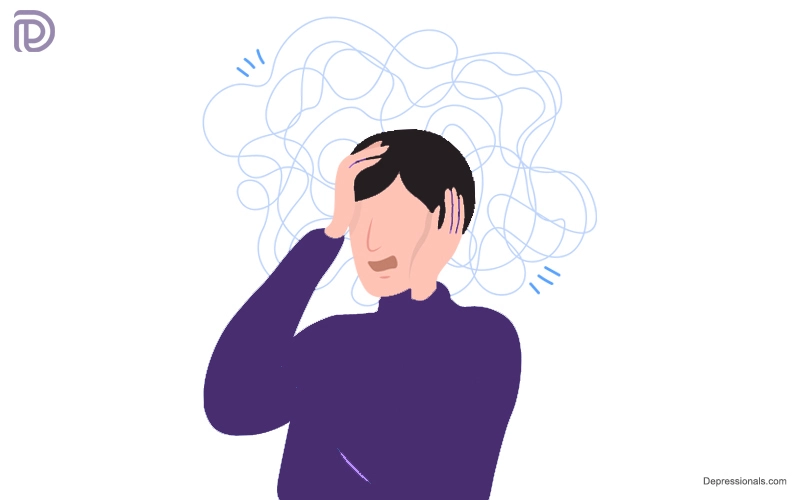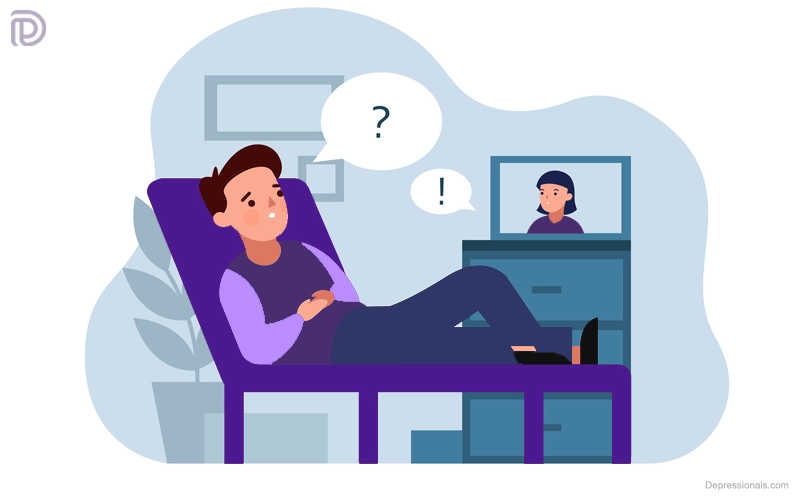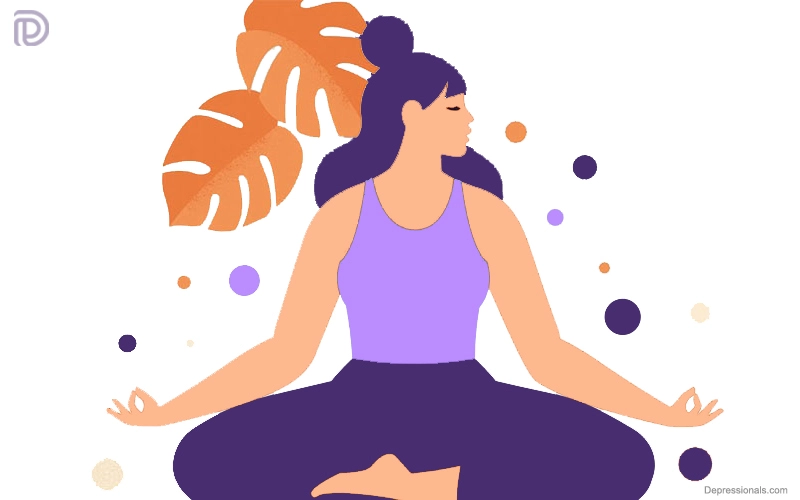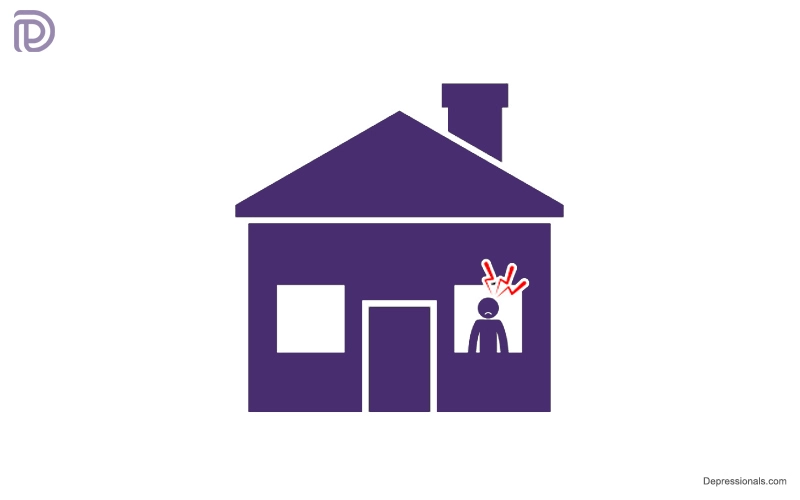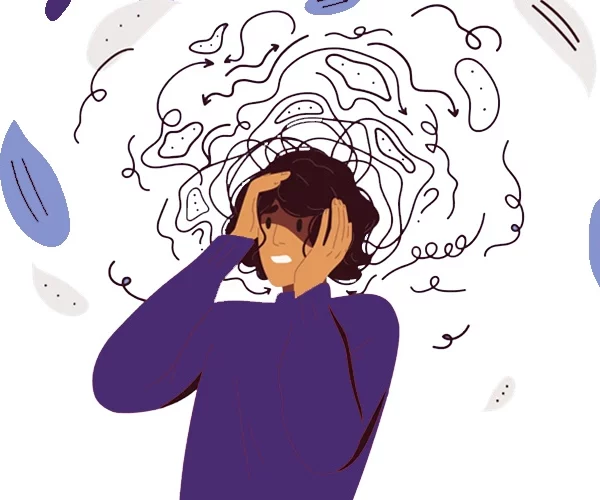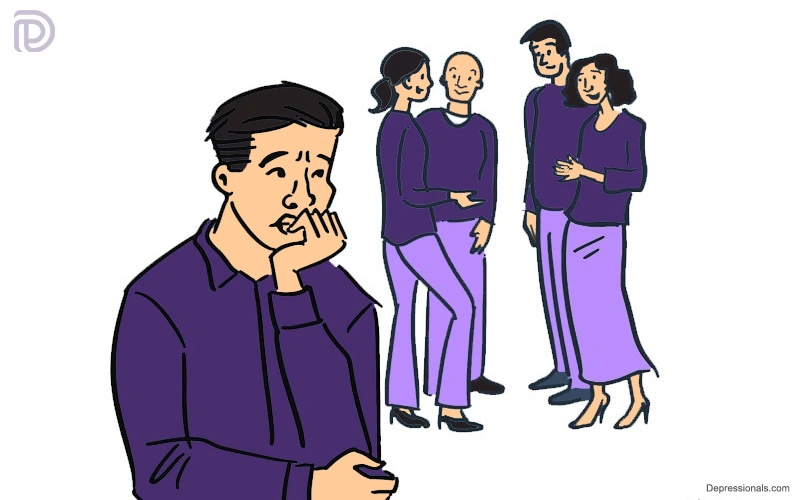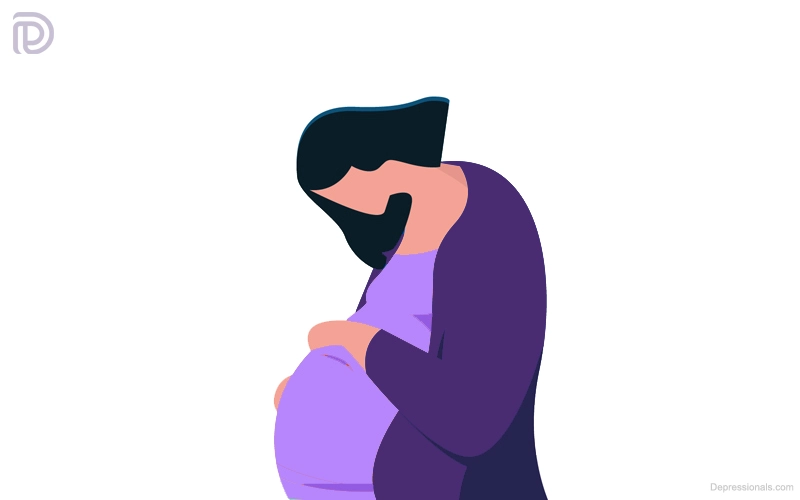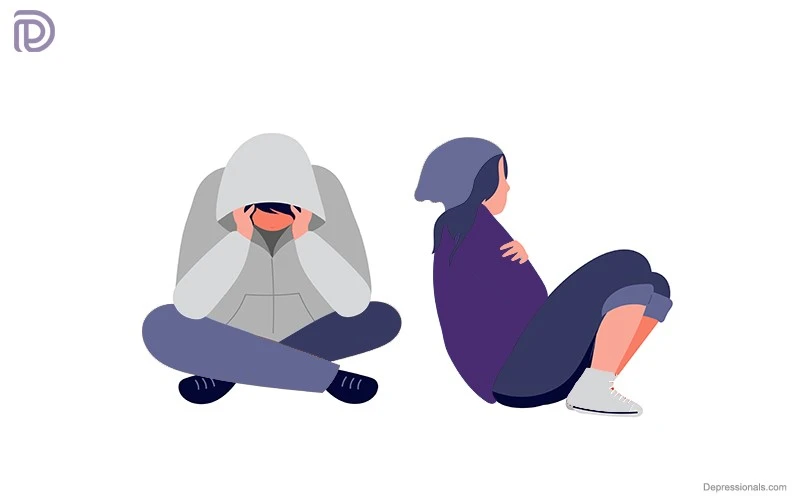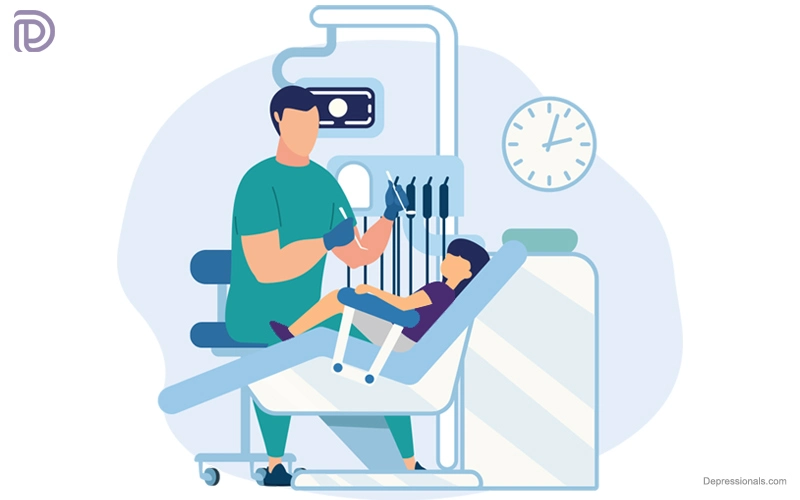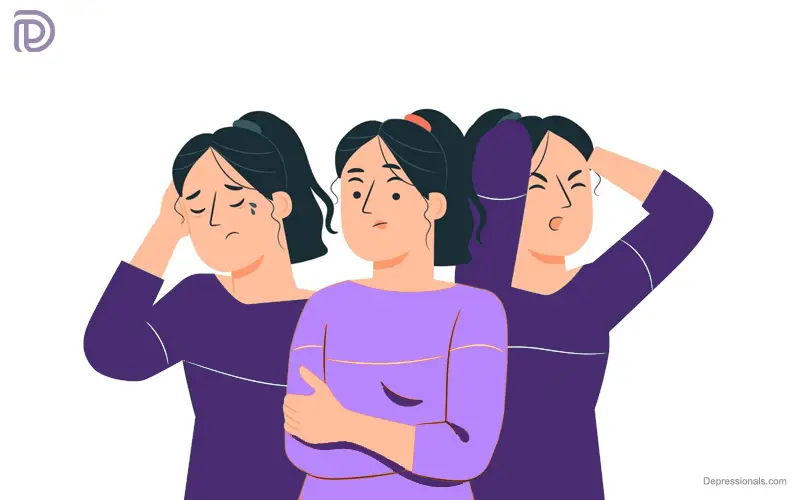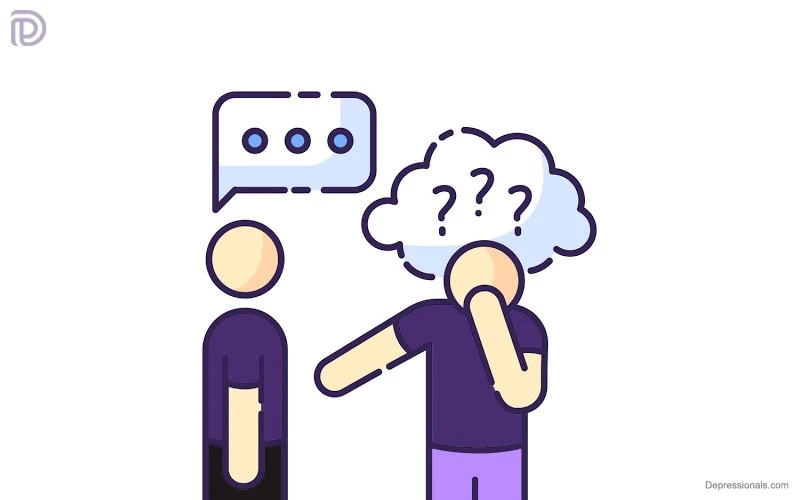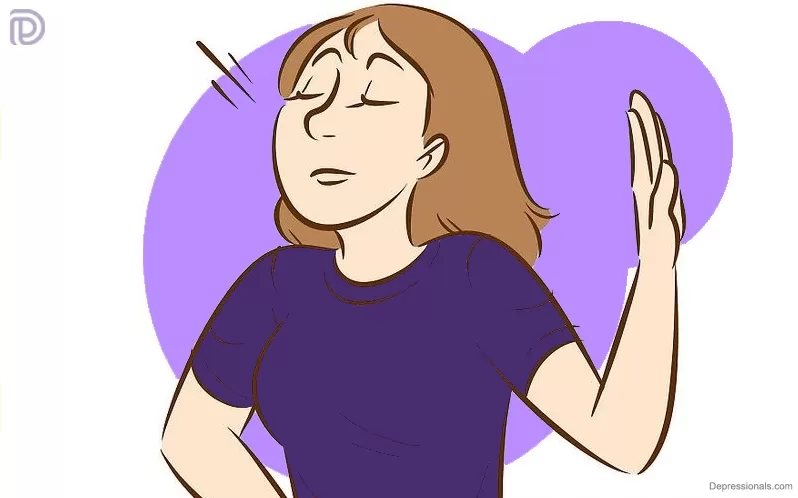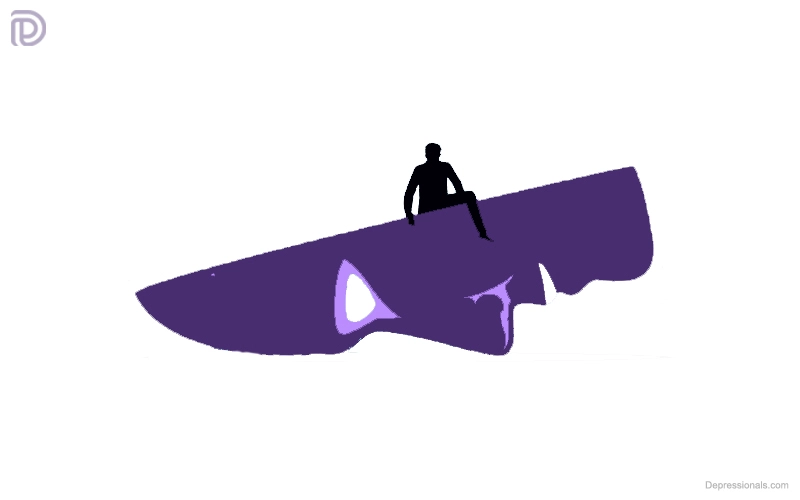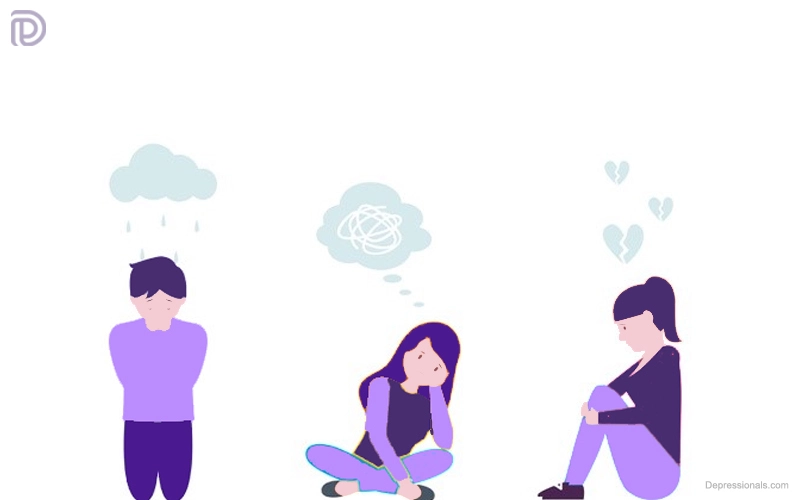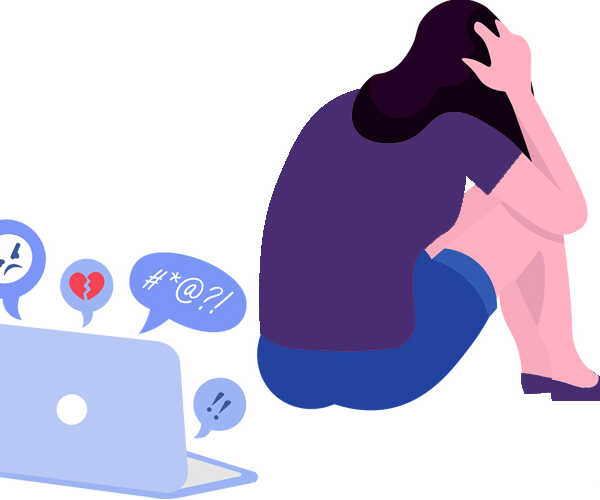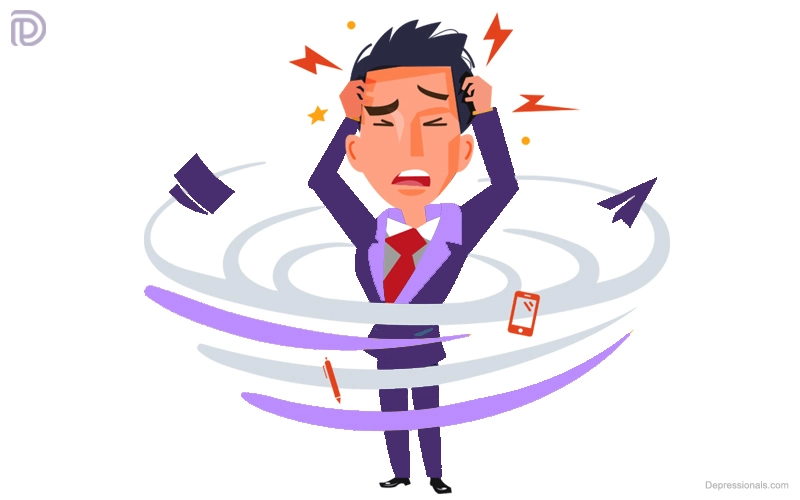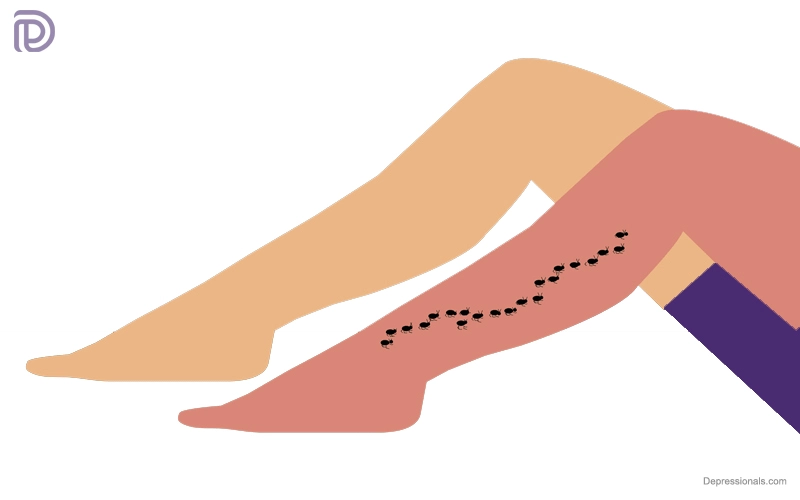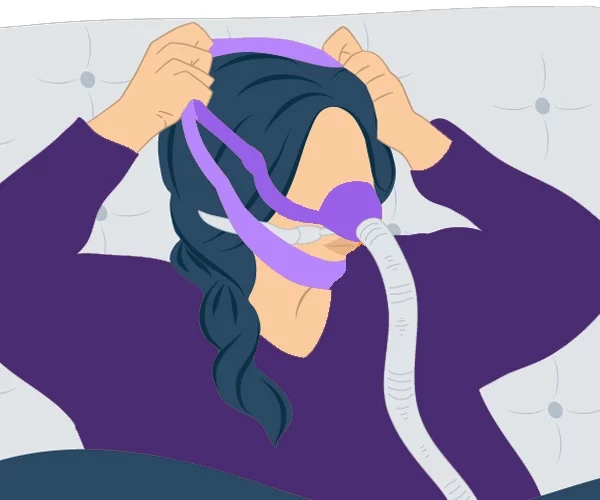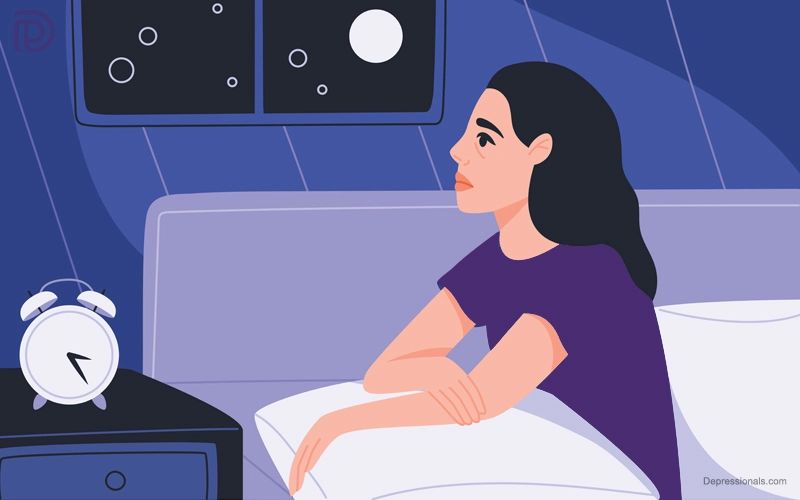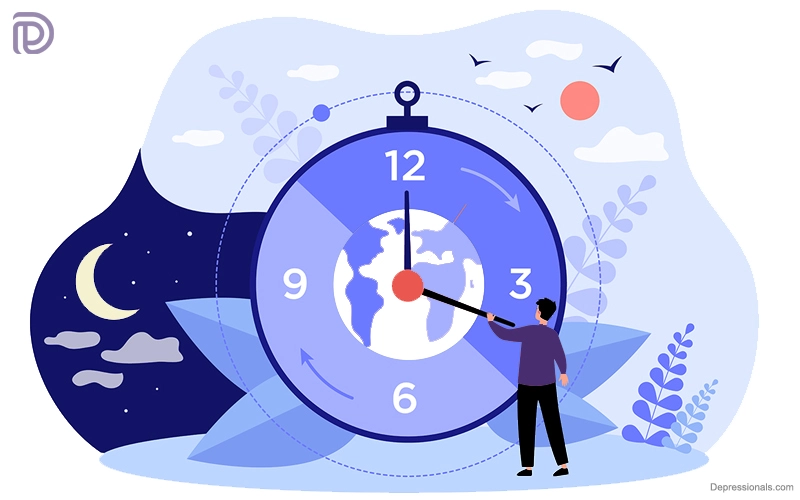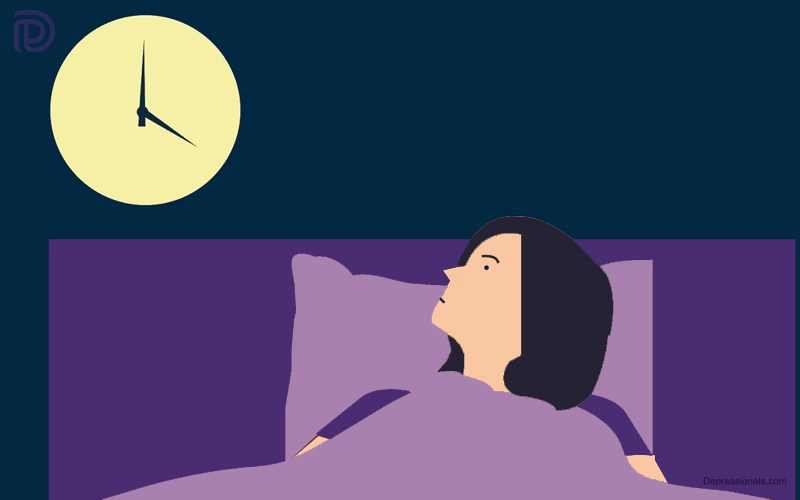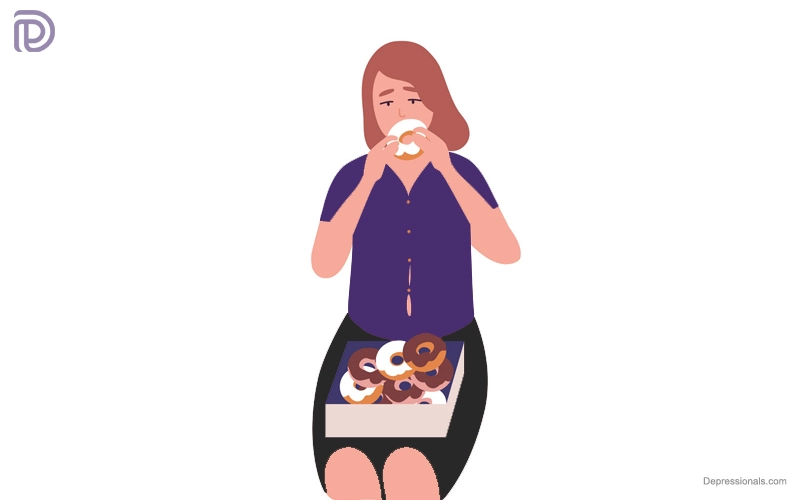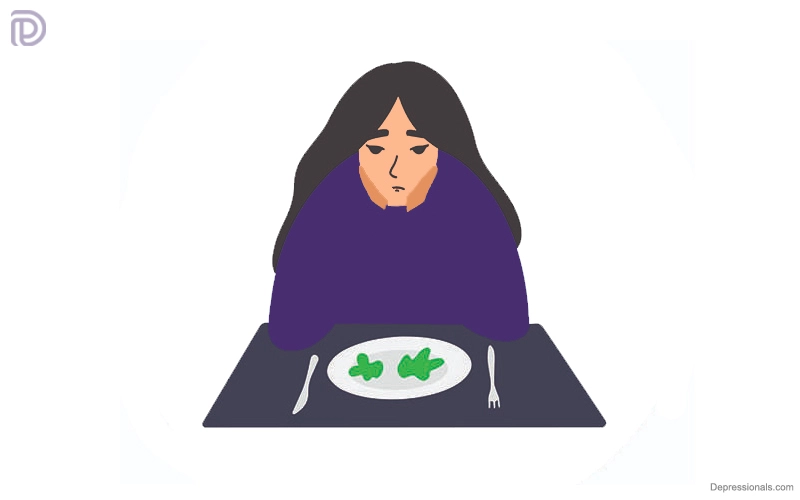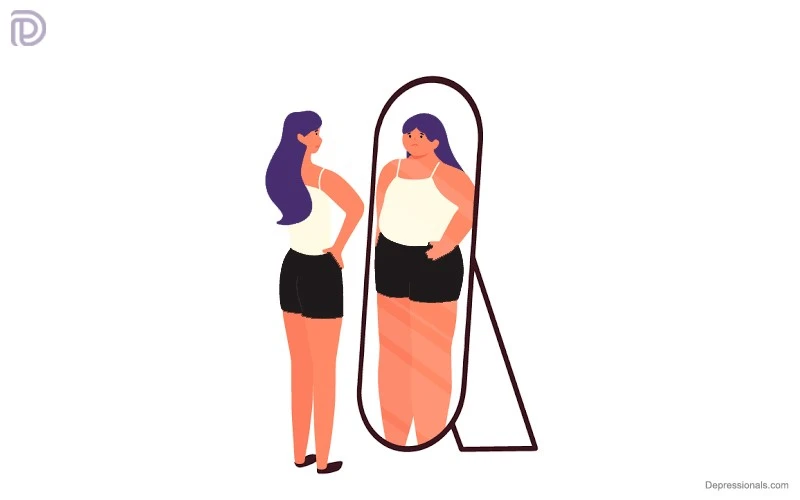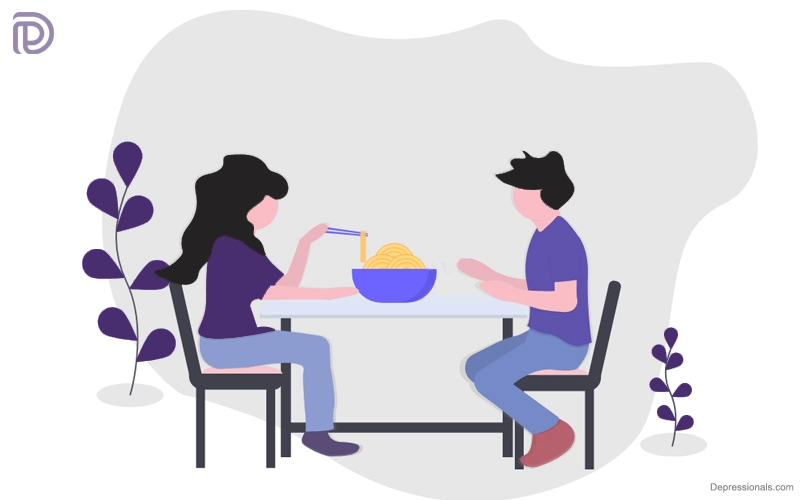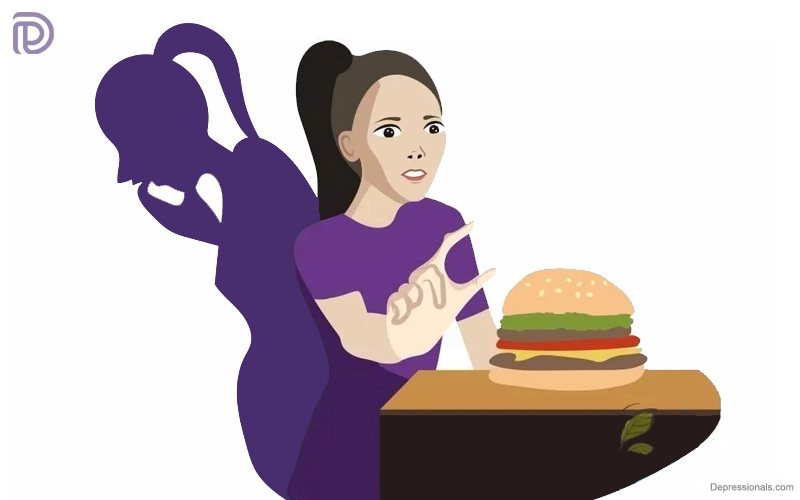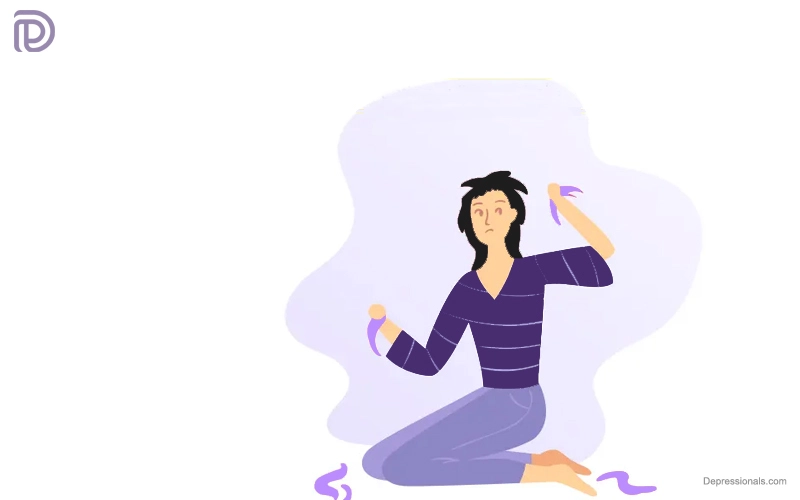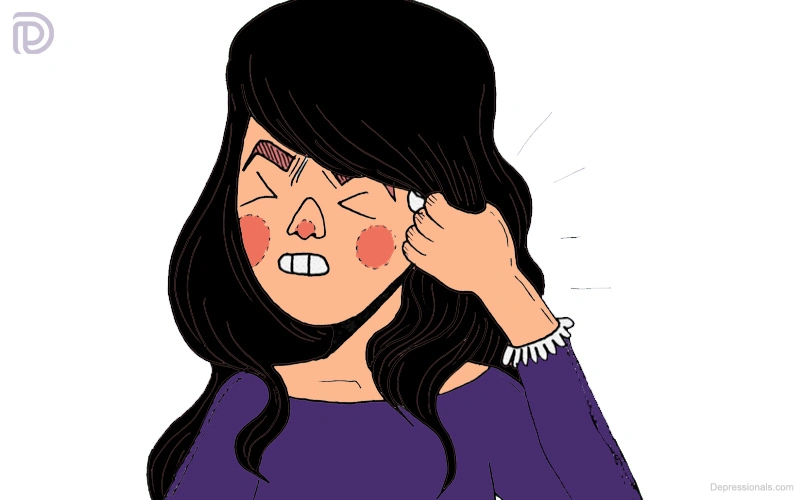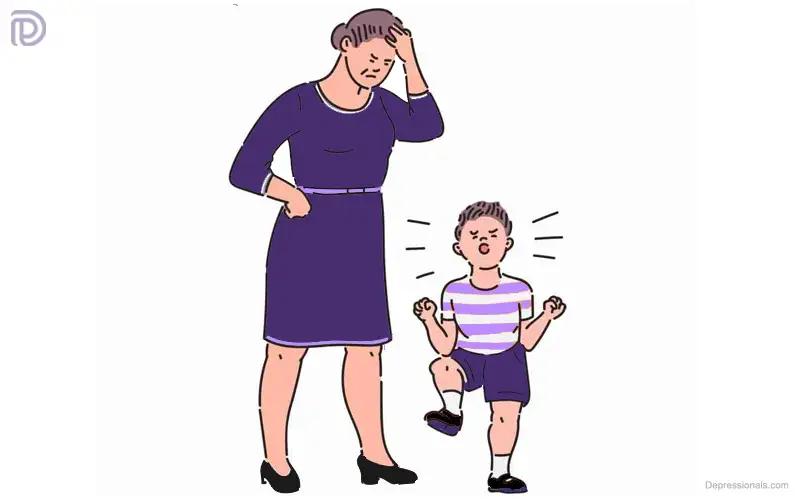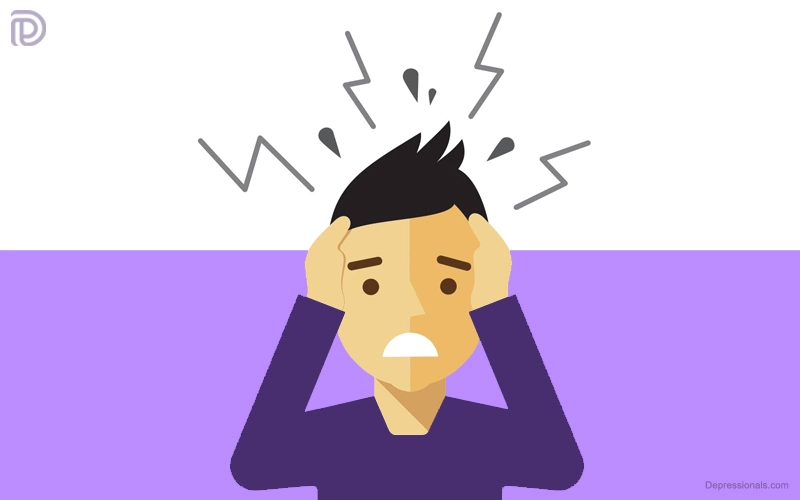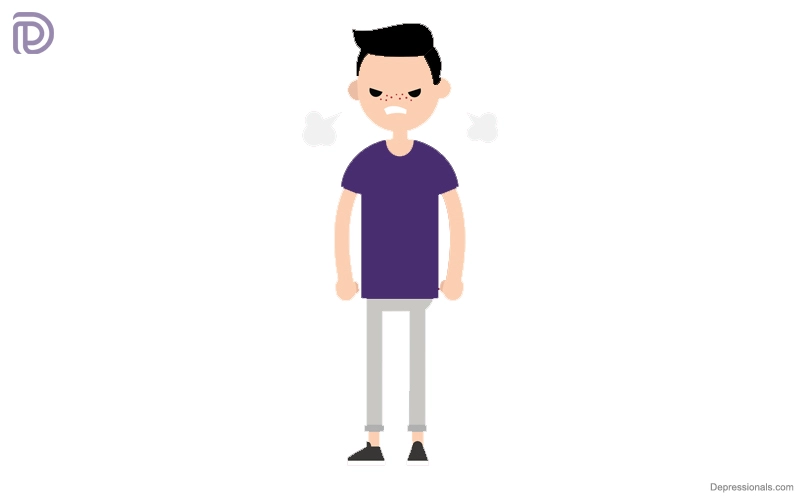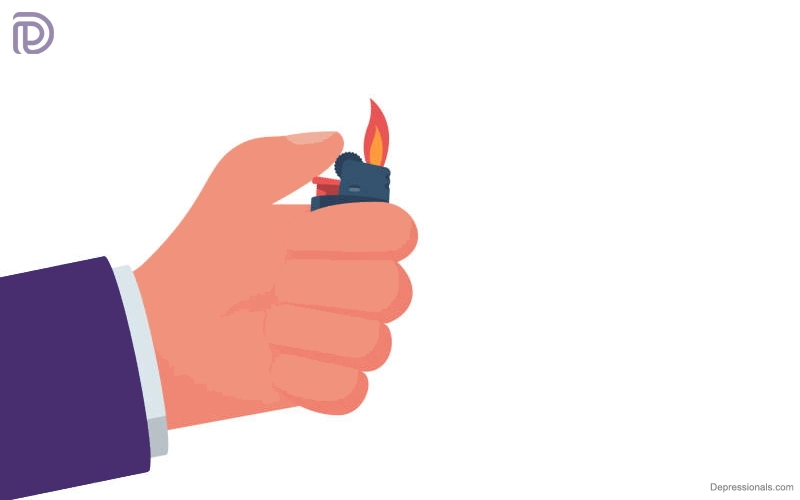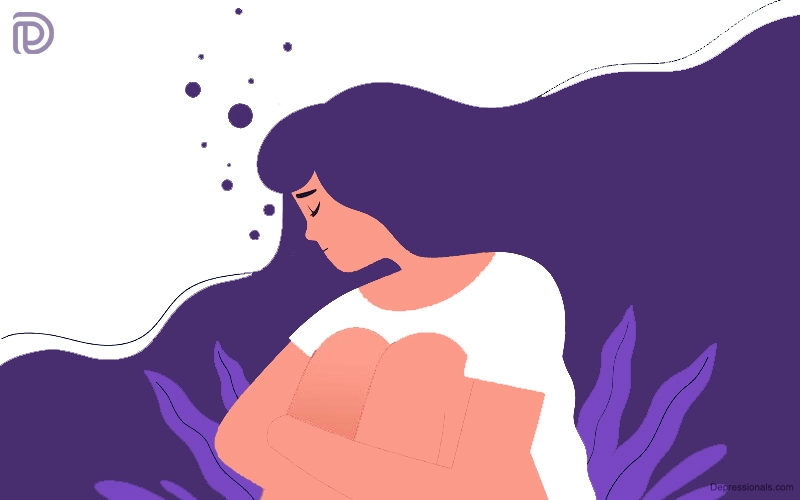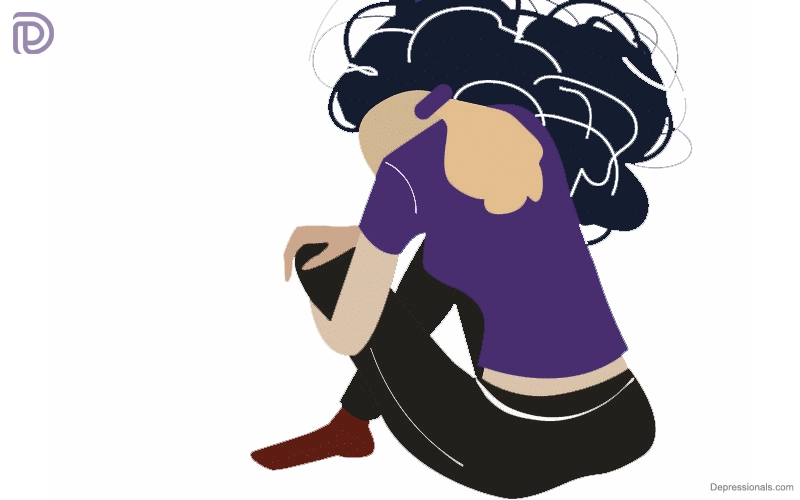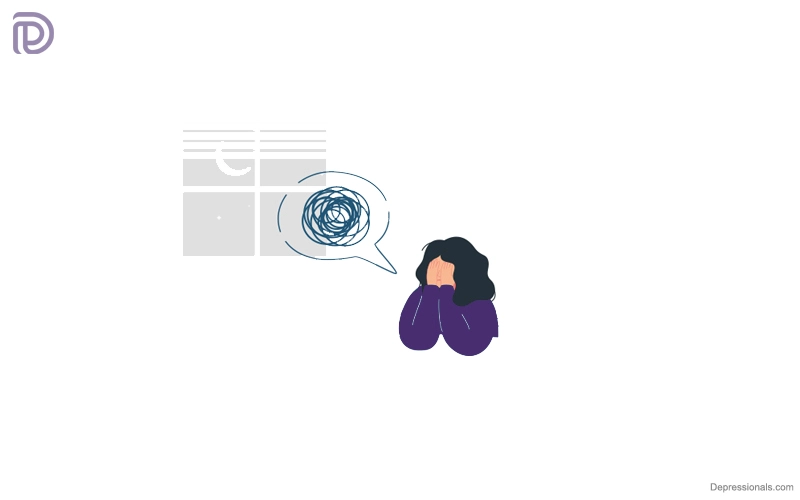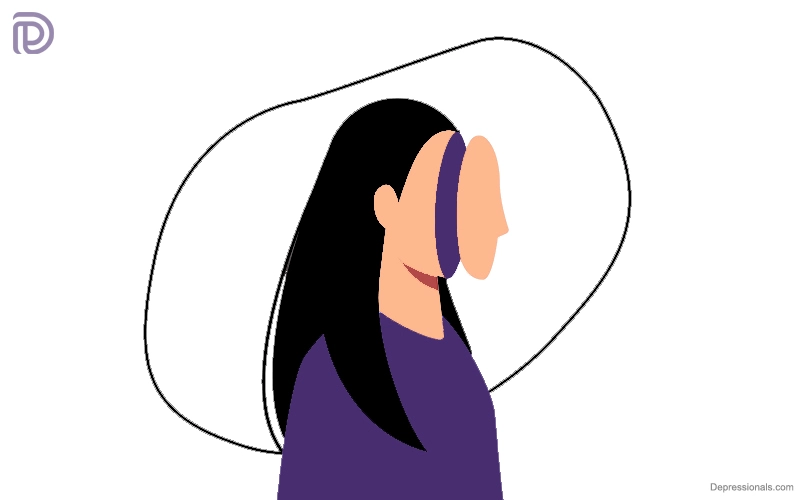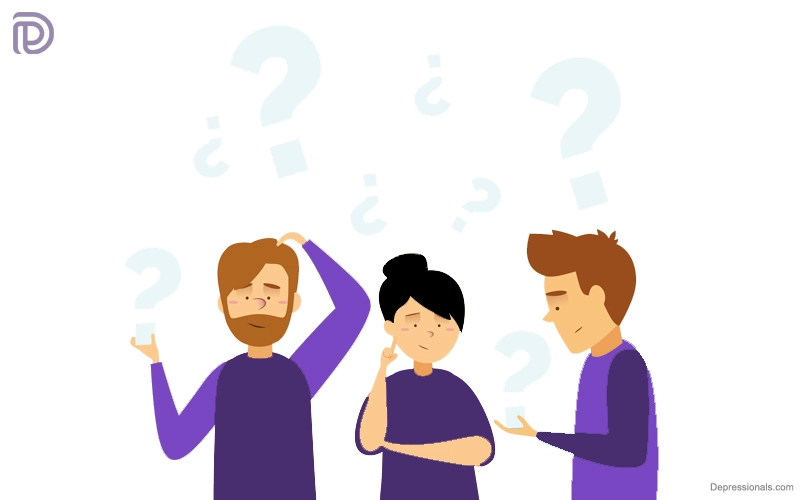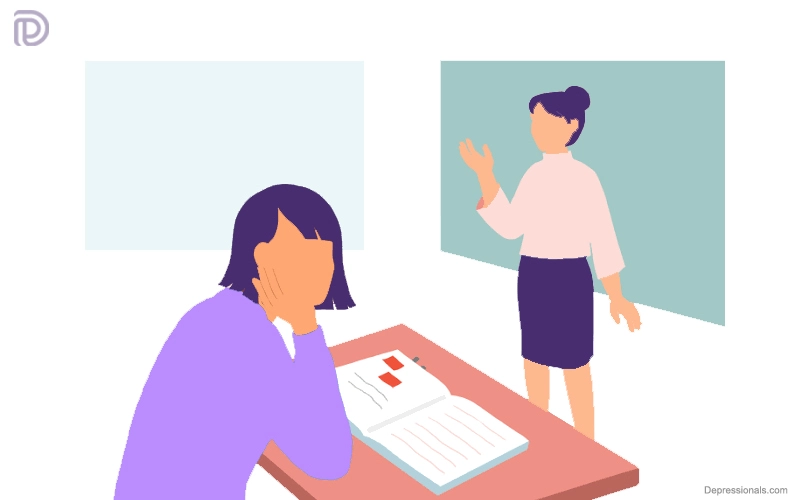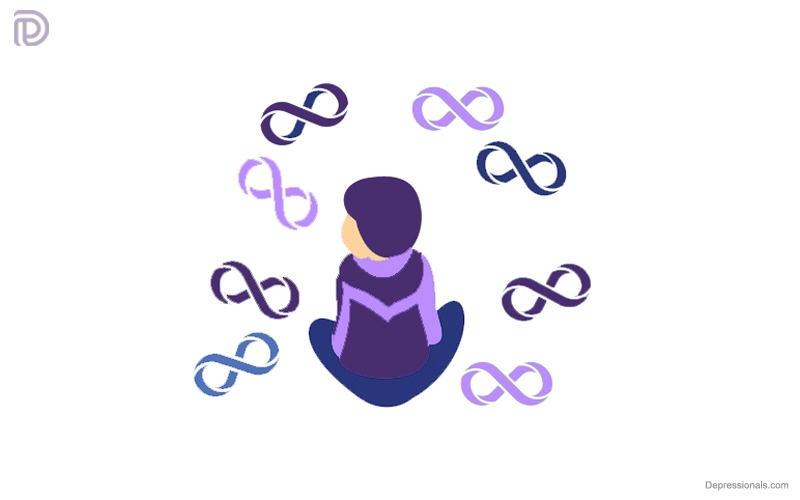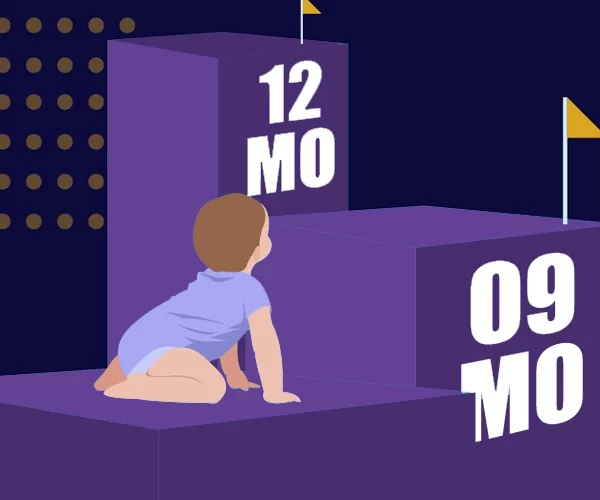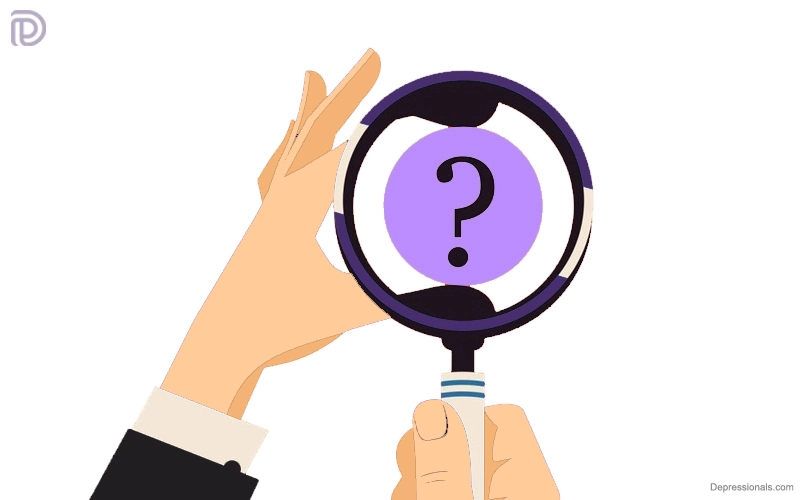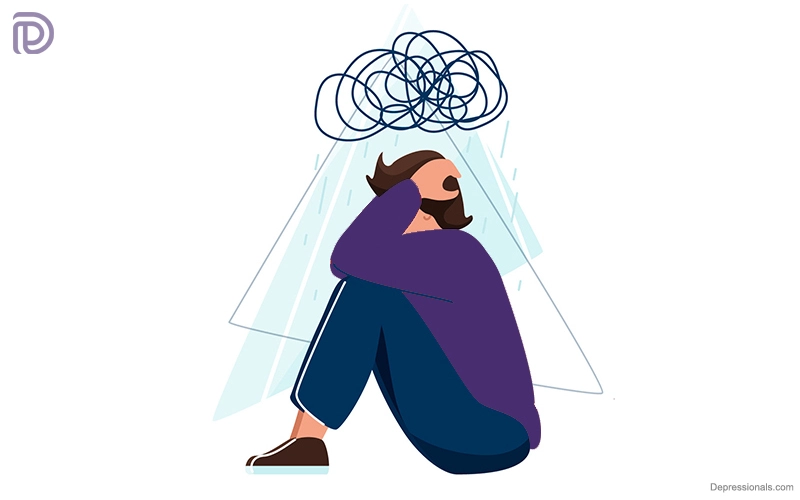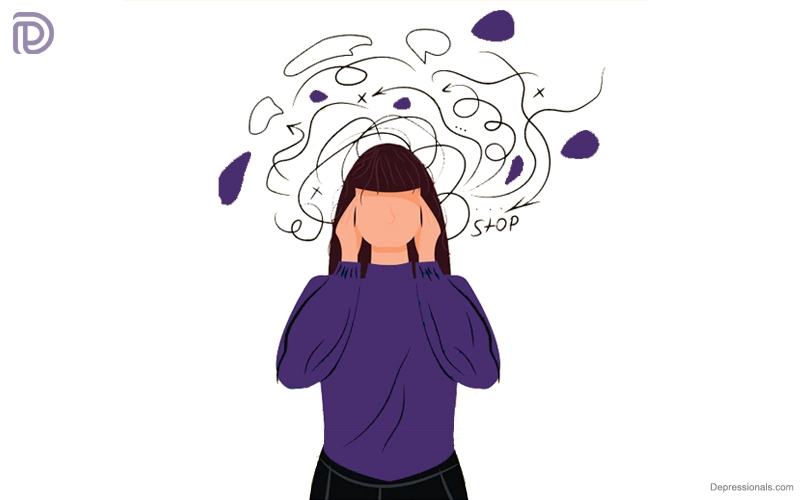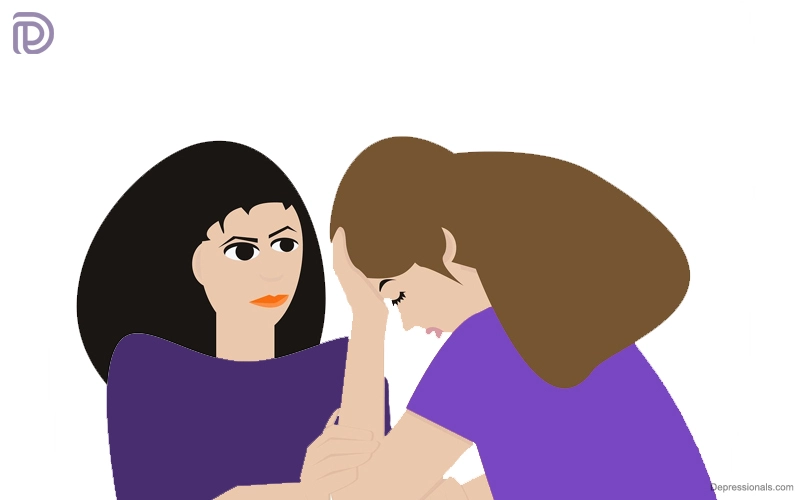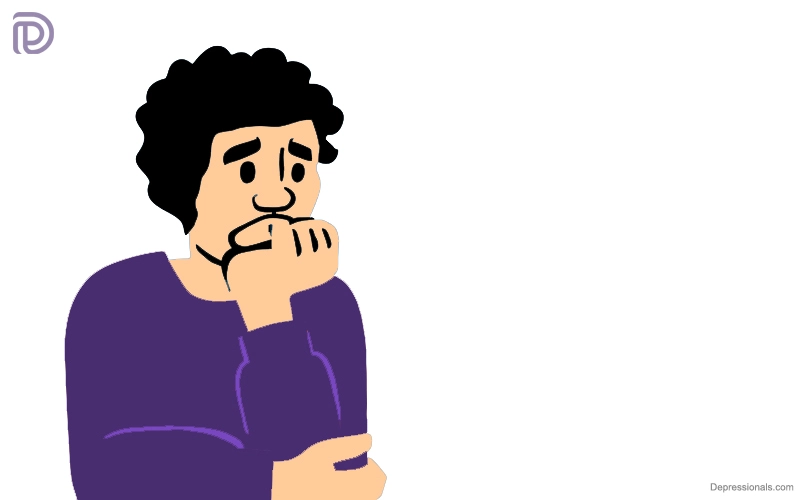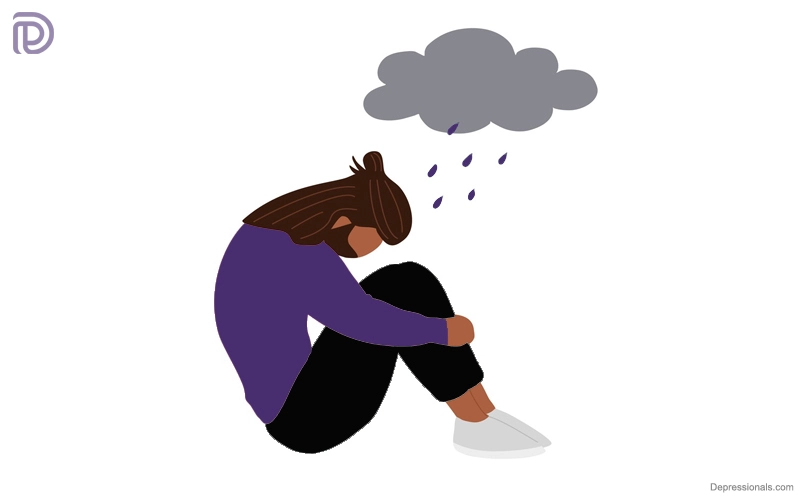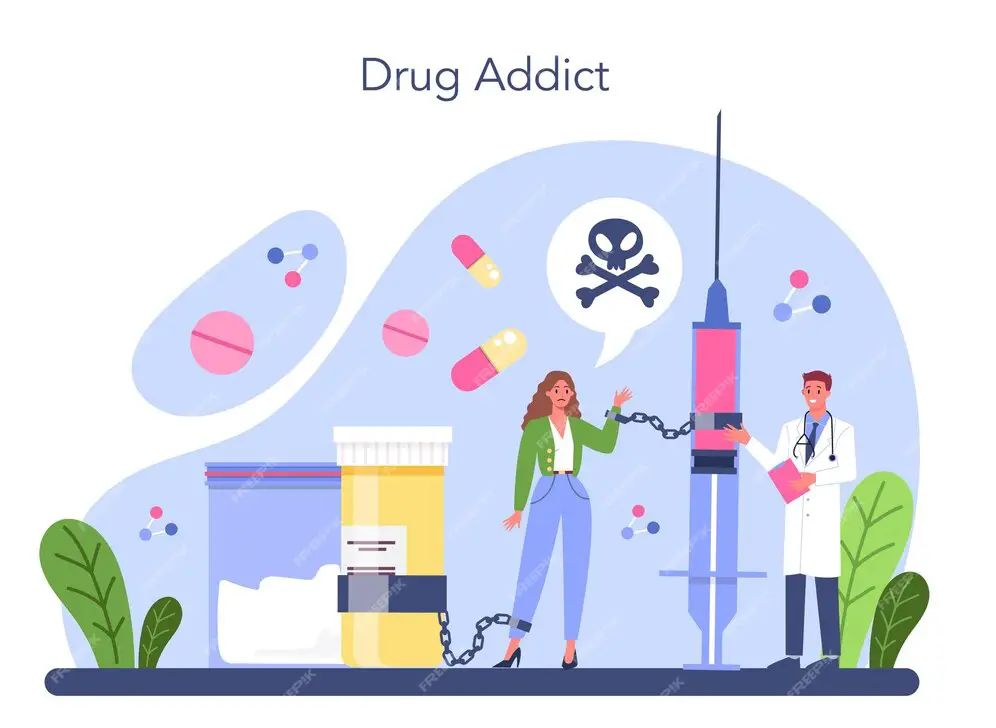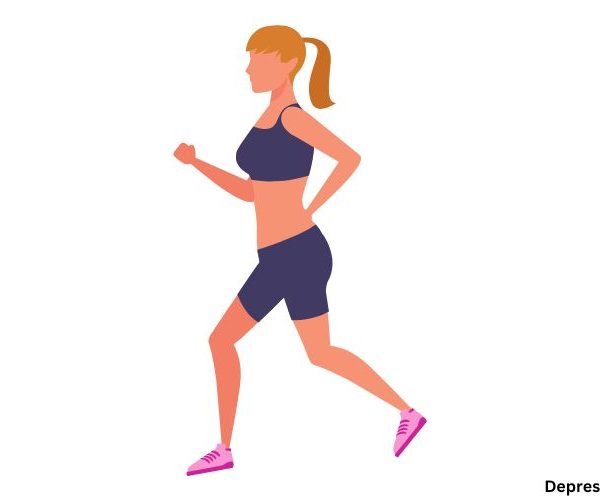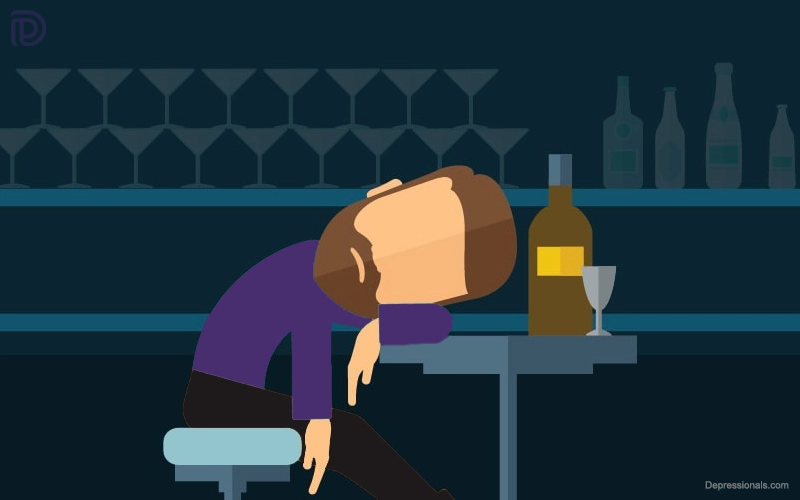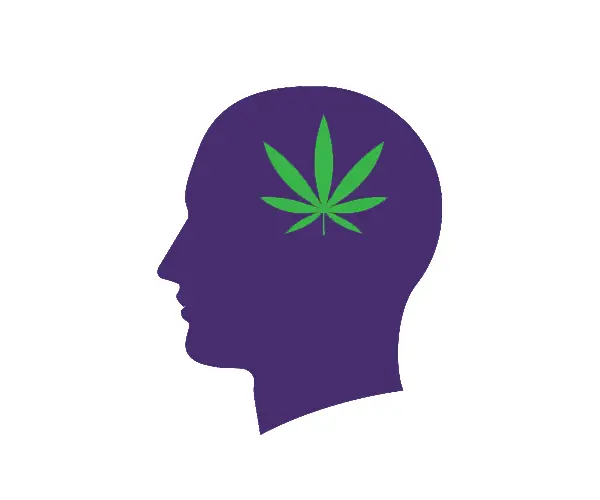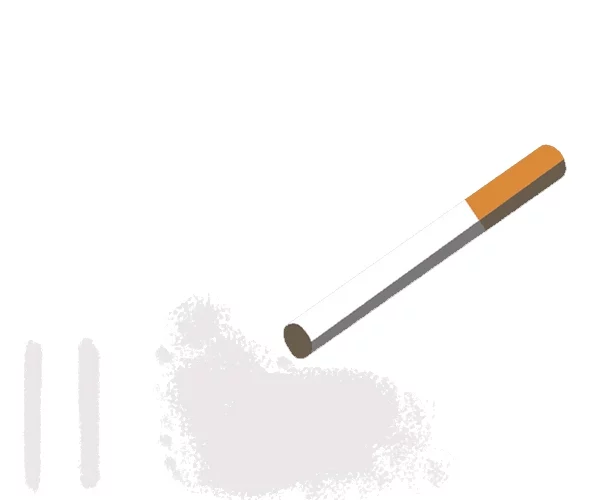Reshaping the minds for ultimate growth
Depression
12-Step Programs: An Evidence-Based Evaluation
The journey to recovery from addiction is personal and varied, often entailing a diverse array of treatment approaches. One well-known method is the 12-step program, popularized by Alcoholics Anonymous (AA) and adopted by various other groups addressing both substance-based and…
6 Reasons of Bad Health in Men
Men’s health has gone down rapidly in the last few years, and that has certainly raised an alarming condition in the world. However, efforts to make it correct is too…
Atypical Depression: Causes, Symptoms and Treatment
Atypical depression subtype of dysthymic disorder or major depression involves a variety of symptoms including increased appetite or weight gain, excessive sleepiness, marked fatigue or weakness, moods that are strongly…
Biology of Depression – A Brief Overview
Many symptoms of depression are brought about by the biology of depression, including sleep disruption, inability to experience pleasure, and feeling of guilt. An individual’s reaction to stressful events, whether…
Bipolar 1 Disorder: Causes, Symptoms and Treatment
What is bipolar 1 disorder? Bipolar 1 disorder (also known as manic depression or manic-depressive disorder) is a condition of the brain characterized by alternating episodes of extreme depression and…
Stress
12 Simple Ways to Reduce Stress
You want to reduce stress, when you encounter challenges and demands, your body responds by being stressed. It is possible to deal with stress in a healthy way, whether it is positive or negative. Stress management requires good sleep. What…
15 Most Stressful Life Events and How to Handle Them?
Almost everyone experiences stress, but many do not know what to do about it. It’s crucial to handle stress in a healthy way when major life stresses arise. Five of…
7 Causes of Stressful Work Environment and How to Fix Them
A stressful work environment can have a wide range of detrimental effects on a person. It can negatively affect their productivity and well-being at work as well as outside of…
Acute Stress Disorder: Causes, Symptoms, Diagnoses and Treatment
Acute Stress Disorder is a new psychological diagnosis. People who suffer from acute stress disorder have experienced a terrifying event. Depending on how it occurs, the experience may be direct…
Adjustment Disorder (Stress Response Syndrome)
What is adjustment disorder (stress response syndrome)? Adjustment disorder (Stress response syndrome) is a short-term disorder that occurs when you cannot handle or manage a particular source of stress, such…
Anxiety
8 Most Effective Anxiety Breathing Exercise – You Must Try
Anxiety is the body’s natural reaction to stress. As part of the “fight-or-flight” response, it occurs when someone feels threatened physically or emotionally. So, this blog teaches you the most effective anxiety breathing exercise. It is good to have an…
Agoraphobia: Causes, Symptoms and Treatment
Although most people think agoraphobia is simply anxiety about open spaces, it’s actually more complex than that. When someone has agoraphobia, they may be afraid to leave the house, travel…
Anticipatory Anxiety: Causes, Symptoms and Treatment
Excessive worry about the future, Anticipatory Anxiety is a symptoms of multiple types of anxiety disorders. The majority of people ponder or even worry about future events or situations to…
Anxiety Disorder: Causes, Types, Symptoms, Prevention and Treatment
Anxiety is a physical and mental emotion in which you feel nervous, uneasy, uncomfortable or restless. It is a common disorder as everyone might feel anxious sometime in their life…
Anxiety During Pregnancy: 7 Tips for Coping
Before anxiety during pregnancy, your second line on your pregnancy test was such a joy a few months ago. But now? It feels as though something is wrong at every…
Mental Disorders
Affective Disorders: Types, Causes, Symptoms and Treatment
What is an affective disorder? There are many different types of psychiatric disorders that are referred to as affective disorders. Depression and bipolar disorder are the two main types of affective disorders. The severity of symptoms varies from individual to…
Amnesia: Causes, Types, Symptoms & More
A person with amnesia cannot remember or recall things that are stored in the brain. Despite being an extremely popular theme for movies and books, it is very rare in…
Anesthesia or Anaesthsia: Types, Side Effects, Risks & More
Anesthesia is a treatment carried out with the use of anesthetics. When you are under anesthesia, you will not feel pain. The practice of anaesthesia and pain management is performed…
Anxious Attachment Style: How to deal with it?
Anxious attachment style is one of four kinds of attachment styles. It may be difficult to feel secure in relationships for people who have developed an anxious attachment. During their…
Asperger’s Syndrome: Causes, Symptoms and Treatment
There are two things you may notice right away when you first meet someone with Asperger’s syndrome. Their intellects are on par with the rest of the population, but their…
Personality Disorders
15 Signs of Egoistic Person – You Must Know
You must know the signs of egoistic person so that you can handle them easily. We find many types of people in our daily life, such as gentle and nasty individuals, introverts and extroverts, egoistic and humble people. There is…
Antisocial Personality Disorder (ASPD): Causes, Symptoms and More
What is antisocial personality disorder? People with antisocial personality disorder (ASPD) exhibit a lack of empathy for others. Antisocial personalities are not concerned with what is right or wrong. Their…
Avoidant Personality Disorder (APD) Causes, Symptoms and More
Avoidant Personality Disorder (AVPD) is associated with feelings of inadequacy, low self-esteem and sensitivity to rejection that can adversely affect work situations and relationships. It is known as Cluster C…
Cyberbullying: Types, Causes and Its Effects
Cyberbullying refers to bullying that happens over digital devices such as mobile phones, computers and tablets. SMS, texts, and apps, as well as online social media, forums, and gaming, are…
Dependent Personality Disorder (DPD): Causes, Symptoms & More
Dependent personality disorder (DPD) is an anxious personality disorder. When DPD strikes, sufferers often feel submissive, helpless or incapable of caring for themselves. Making simple decisions may be difficult for…
Sleep Disorders
11 Best Tips to Stop Restless Legs Syndrome (RLS)
This blog contains the best treatment to stop Restless Legs Syndrome (RLS). It is likely that you searched for ways to relieve yourself if you’ve been kept awake by restless legs syndrome at night, which is the main symptom. The…
Central Sleep Apnea: Causes, Symptoms and Treatment
Central sleep apnea is a sleep disorder in which your breathing stops intermittently while you sleep. During the night, you may have multiple apnea episodes. If your breathing is interrupted,…
Chronic Insomnia Disorder: Causes, Symptoms, Types & Treatment
Overview Chronic insomnia is characterized by long-term sleep difficulties. If someone struggles to fall asleep or stay asleep three nights a week or more for at least three months, it…
Circadian Rhythm Sleep Disorder
What is circadian rhythm sleep disorder? There is an internal clock in your body, which causes you to feel sleepy at night and more awake and alert during the day.…
Dyssomnia: Causes, Types, Treatment & More
Defining dyssomnia Dyssomnia is a term used to describe a group of sleep disorders that leave you unable to sleep or cause sleep problems. Hypersomnolence (daytime sleepiness) and insomnia (inability…
EATING DISOrDerS
15 Simple Tips to Stop Binge Eating
This blog is a guide to stop binge eating. The United States has the highest incidence of feeding and eating disorders, including binge eating disorder (BED). BEDS is not just about food; it’s also a psychological condition. A medical professional will…
6 Major Types of Eating Disorders and Their Symptoms
Although eating disorders refer to food, they are not limited to it. Often, mental health experts must intervene to change the course of these complex disorders. This information is found…
Anorexia Nervosa: Causes, Symptoms and Treatment
Anorexia nervosa is a potentially life-threatening eating disorder and a serious mental health issue. However, recovery is possible with appropriate treatment. There are often emotional obstacles, distorted body images, and…
Avoidant Restrictive Food Intake Disorder (ARFID)
Avoidant/Restrictive Food Intake Disorder (ARFID), often known as “extreme picky eating,” is an eating disorder characterized by very selective eating behaviors, disrupted feeding patterns or both. It typically leads to…
Binge Eating Disorder: Causes, Symptoms and Treatment
Binge eating disorder (BED) is a type of feeding and eating disorder that is now officially recognized. It affects about 2% of the world’s population and can lead to other…
Hair Pulling Disorders
How to Stop Trichotillomania? 10 Simple Ways to Cope
This blog is a guide to you on how to stop trichotillomania. Trichotillomania is the compulsion to pull out one’s hair repeatedly, repeatedly. Early adolescence often marks the beginning of this psychological disorder, which can last a lifetime. Many people…
What is Trichotillomania? Truths About Hair-Pulling Disorder
Trichotillomania, or trich, is an impulse control disorder characterized by compulsive pulling of the hair, usually from the scalp, eyelashes, and eyebrows. People with trich know pulling their hair can…
Disruptive disorders
Conduct Disorder: Causes, Symptoms and Treatment
Children and adolescents who suffer from conduct disorder have serious behavioral and emotional problems. In children suffering from this disorder, may behave in disruptive and violent ways and struggle with following rules. Behavior-related problems can occur in children and teens…
Intermittent Explosive Disorder (IED): Causes, Symptoms & More
What is intermittent explosive disorder? A disorder that causes an abrupt outburst of anger, aggression, or violence is intermittent explosive disorder (IED). In these situations, we tend to react in…
Kleptomania (Urge of Stealing): Causes & Symptoms
Kleptomania is the condition of having an irresistible urge to steal. Many times people steal items that are not needed, that are easily purchased, or that do not have much…
Oppositional Defiant Disorder (ODD)
What is oppositional defiant disorder (ODD)? Oppositional defiant disorder (ODD), a behavior disorder characterized by angry moods, defiant or combative behaviors, and vindictiveness toward authority figures, affects children from preschool…
Pyromania Disorder: Causes, Symptoms, Diagnoses and Treatment
What is pyromania disorder? Pyromania disorder is a type of impulse control disorder defined by an inability to refrain from setting flames. Pyromaniacs are aware that lighting flames are dangerous.…
Dissociative Disorders
Depersonalization Disorder: Causes, Symptoms and Treatment
What is depersonalization disorder? Depersonalization disorder, also known as depersonalization-derealization disorder (DDD), is a mental disorder. This new term represents the two primary problems that persons with DDD experience: Depersonalization has an impact on how you interact with yourself. It…
Dissociative Amnesia: Causes, Symptoms and Treatment
Dissociative amnesia is a type of amnesia in which you don’t remember essential details from your life, such as your name, family and friends and personal history. It can arise…
Dissociative Fugue (Fugue State) – Causes and Symptoms
Overview Dissociative fugue is a kind of amnesia caused by a severe psychological trauma rather than physical trauma, sickness or other medical illness. It’s an uncommon kind of severe dissociative…
Dissociative Identity Disorder: Causes, Symptoms & Treatment
Dissociative identity disorder (formerly known as multiple personality disorder) is believed to be a complicated psychiatric disease caused by a variety of circumstances, including severe childhood trauma (usually extreme, repetitive…
Neurocognitive Disorders
Delirium Disorder: Types, Causes and Treatment
Delirium is a mental and emotional disorder caused by a sudden shift in the brain. It makes it difficult to think, pay attention, remember, sleep and do a variety of other things. You may suffer as a side effect of…
Neurodevelopmental Disorders
Attention Deficit Hyperactivity Disorder (ADHD)
What is ADHD? A person with attention deficit hyperactivity disorder (ADHD) has trouble paying attention, sitting still and controlling their behaviors. Children and teens can experience this disorder, which can persist into adulthood. Most children are diagnosed with ADHD. It…
Autism Spectrum Disorder (ASD): Causes, Symptoms and Treatment
Autism spectrum disorder (ASD) is generally diagnosed in childhood, usually between the ages of 2-3. However, some children with ASD continue to develop normally until young adulthood, when they lose…
Global Developmental Delay: Causes, Symptoms and Management
The term “Global Developmental Delay” is used when a child is both cognitively and physically behind other children their age. A child may have a developmental delay when he or…
How to Know If You Have ADHD: 12 Ways to Tell and Diagnoses
Have you ever been asked if you have ADHD? Some of you may have wondered the same thing yourself. How to know if you have ADHD? Only a doctor can…
Intellectual Development Disorder (IDD) – Quick Guide
What is intellectual development disorder? Intellectual development disorder is a neurodevelopmental disease characterized by difficulties with mental activities. Learning, speaking, logical thinking, forming decisions, and planning are all challenging for…
Somatic Symptom Disorders
Conversion Disorder: Causes, Symptoms and Treatment
What is conversion disorder? A conversion disorder (also known as hysterical blindness) occurs when you experience physical symptoms of a problem without having any physical injury to explain them. Take the example of losing your arm when you fall off…
Factitious Disorder: Symptoms & Causes
Factitious disorder is a mental condition in which an individual behaves as if they have a medical or psychological disorder when the symptoms are the result of their own creation.…
Illness Anxiety Disorder (Hypochondria, Hypochondriasis)
What is illness anxiety disorder? Illness anxiety disorder (IAD), previously known as hypochondriasis, is a psychological disorder characterized by an overwhelming worry of developing a severe medical condition despite the…
Somatic Symptom Disorder – Causes and Symptoms
Somatic symptom disorder (SSD once recognized as “somatoform disorder” or “somatization disorder”) is a kind of mental disorder that produces one or more physical symptoms such as discomfort. The symptoms…
Substance-Related Disorders
6 Psychological Effects of Drug Addiction
Substance use disorder will lead to short and long-term negative health effects. It can be physical and mental and ranges from moderate to getting it severe. It will depend on the substance a person has been using for a long…
6 Ways Exercise Can Help You Recover From Addictions
If you are struggling with any addiction, then you are not the only one though. Many people are suffering from the same situation. Give time to yourself the best chance…
Alcohol Use Disorder (Alcoholism)
Alcohol use disorder (so-called alcoholism) is a pattern of heavy drinking that involves problems controlling your drinking, being preoccupied with alcohol, drinking alcohol regardless of the problems it causes, drinking…
Cannabis Use Disorder: Causes, Symptoms and Treatment
What is cannabis use disorder? Cannabis use disorder (CUD) is a diagnosis given to people who have problems with marijuana use. DSM 5, commonly referred to as DSM 5, introduces…
Cocaine Addiction: Symptoms, Causes and Treatment
Cocaine addiction, also known as cocaine use disorder, occurs when a person continues to use cocaine despite the serious cognitive, behavioral, and physical consequences. A person may also become dependent…


